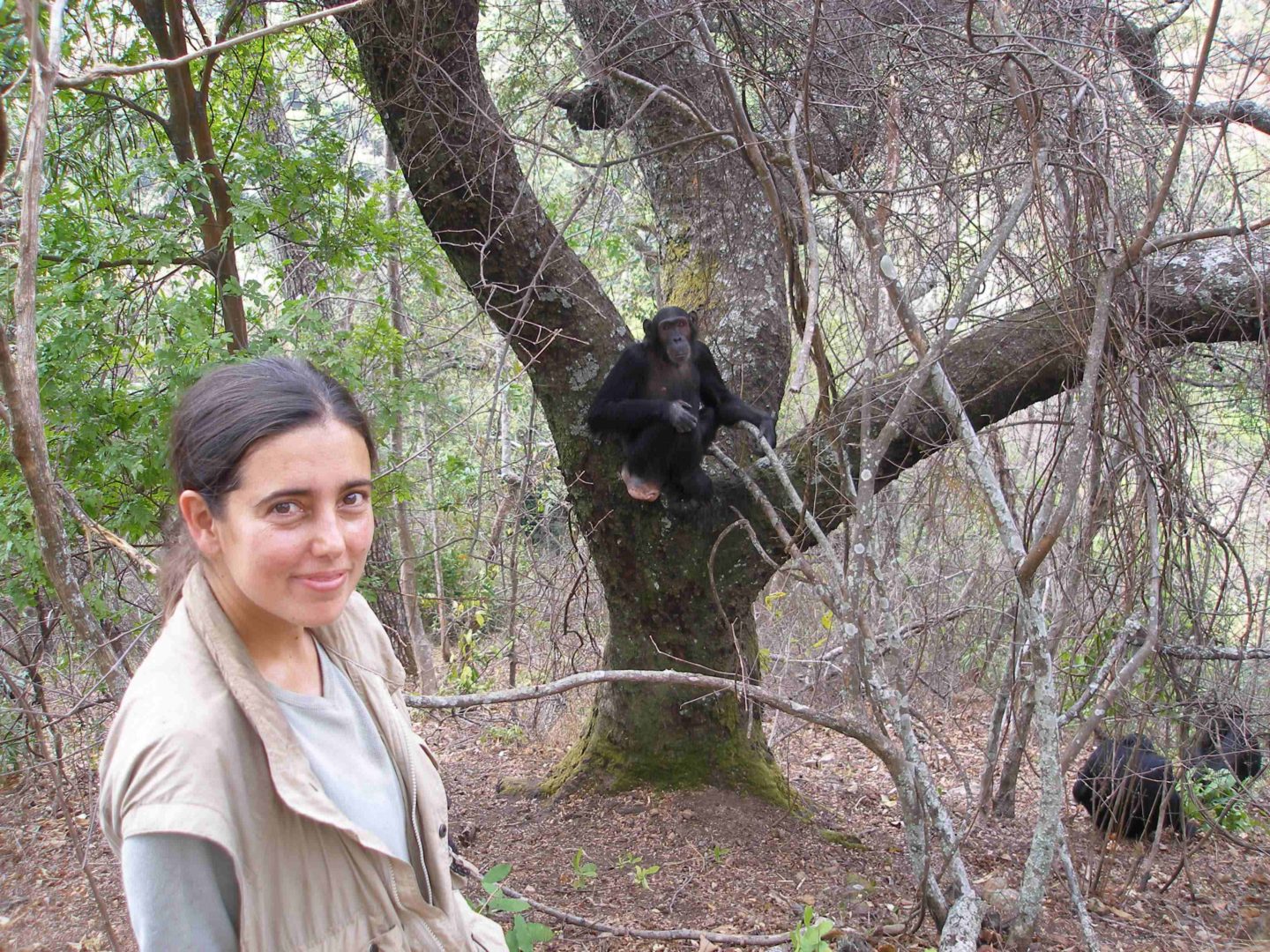In the Beginning Was Touch, or How Touch Enables the Social Communicative Capacities behind Joint Attention
Throughout the 20th century we find several examples where, once it has been established that a mental capacity is expressed through a specific mode, this link becomes so strong that anyone who doesn’t engage in this mode will be described as not possessing that mental capacity. For example, the link …






